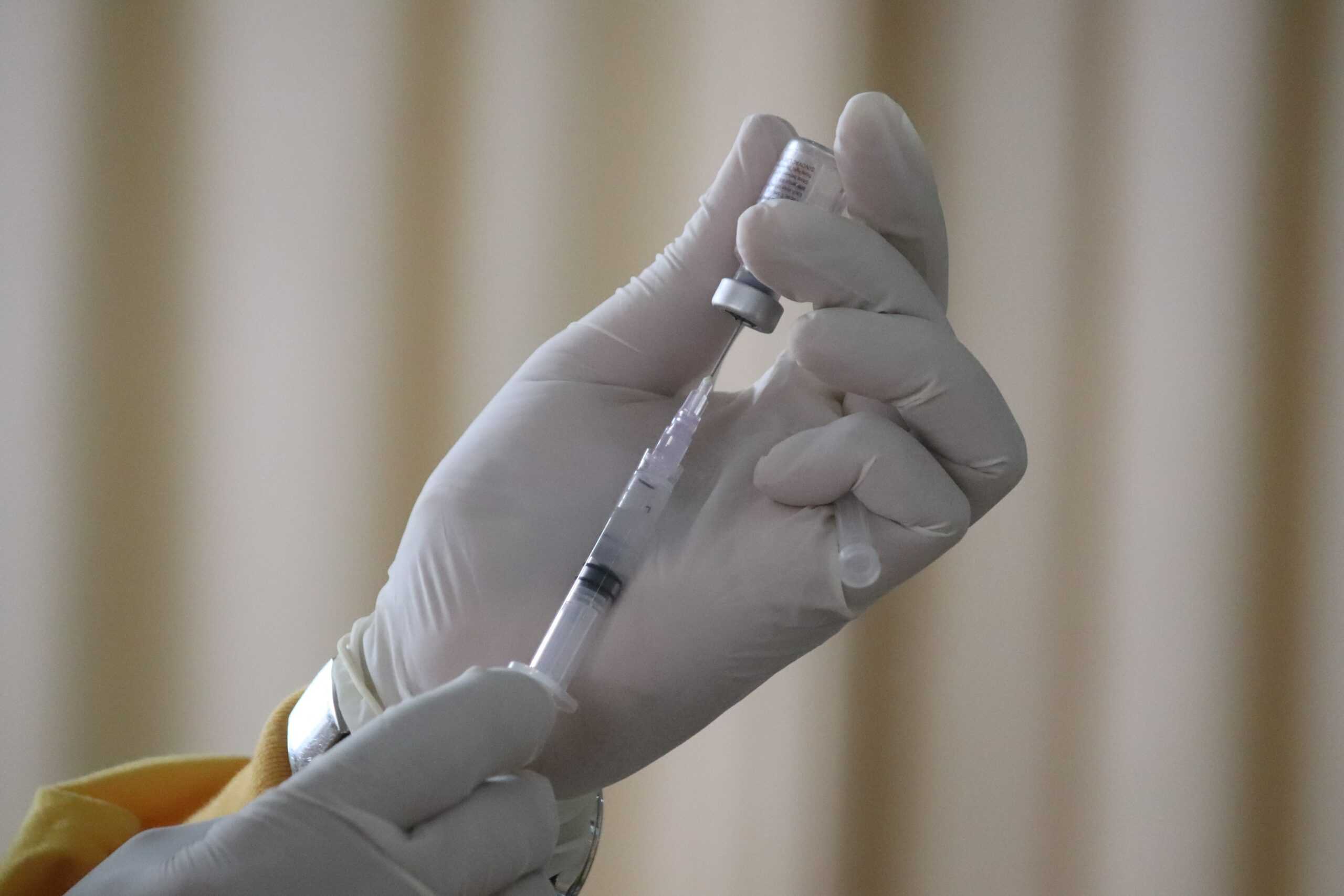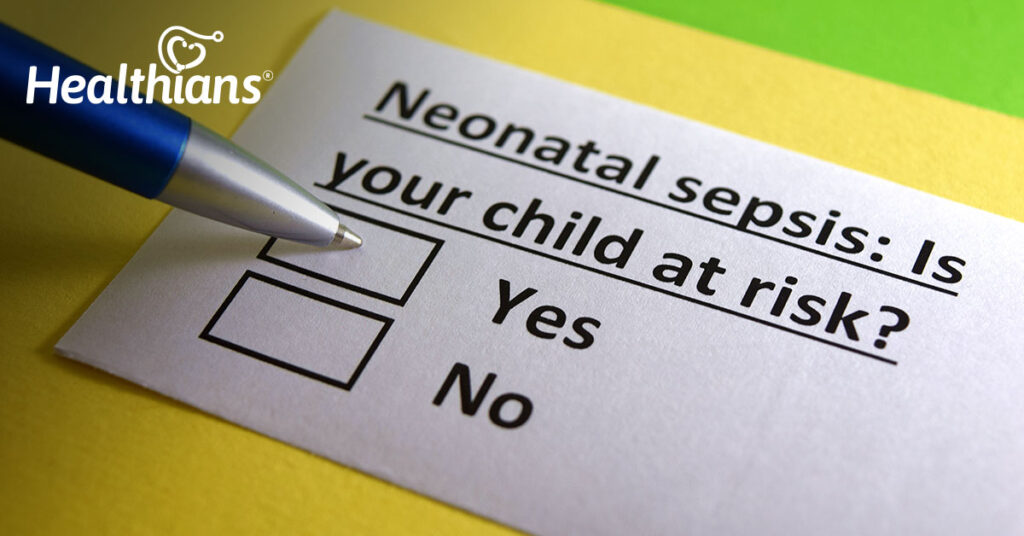Our kidneys are extremely vital to overall health. They’re so vital that most individuals are born with two of them, just in case one fails. Your kidneys work tirelessly throughout the day and night to keep you healthy. They clean your blood and help you control your blood pressure, balance the quantity of water in your body, and govern your body’s vitamin D production. Several physical indications of kidney illness are commonly misattributed to other disorders. Furthermore, persons with renal illness do not usually notice symptoms of kidney problems until the kidneys fail or there is a lot of protein in the urine. This is one of the reasons why only a Few patients with chronic renal disease are aware of their condition. Furthermore, if you are experiencing any kidney problem symptoms, you can visit a nephrologist at fortis hospital Bangalore.
What causes kidney problems?
It happens when your kidneys get damaged and are unable to operate properly. Diabetes, high blood pressure, and various other chronic (long-term) illnesses can cause damage. Kidney illness can cause additional health issues such as weak bones, neurological damage, and starvation. If the condition progresses, your kidneys may cease to function entirely.
Who is more prone to kidney disease?
Early kidney disease frequently has no symptoms. Only screening can tell you how well your kidneys are operating. If you have diabetes, have your kidneys tested.
- Diabetes
- High blood pressure
- Cardiovascular disease
- A family history of kidney failure
If you have diabetes, you should get your blood sugar tested yearly. If you have high blood pressure, heart disease, or a family history of renal failure, see your doctor about how frequently you should be checked. The sooner you notice symptoms of kidney problems, the sooner you can begin therapy to safeguard your kidneys.
What is the first symptoms of kidney problems?
Because most persons with early-stage kidney disease have no symptoms that affect their health, many people are unaware they have it. However, there are certain early indicators of kidney illness that people may detect or that doctors may find while testing for kidney damage or other health problems.
Early-stage renal issues have the following signs and symptoms:
-
Fatigue and dizziness –
One of the earliest symptoms of kidney problems or failure is a general feeling of weakness in yourself and your overall health. This might include dizziness or fatigue caused by a buildup of toxins in the blood. Anemia, another fatiguing illness, has been related to kidney difficulties. However, if you are receiving adequate rest and still feel fatigued, especially if you are dizzy, consult your doctor right away. Inform her or him of your symptoms and request that he refer you to a Kidney Specialist (Nephrologist) to be on the safe side.
Various factors can cause swelling, but if you have swelling in your legs, ankles, wrists, or even around your eyes, it could indicate that your kidneys are not functioning correctly. This is frequently caused by electrolytes or other dietary imbalances that impair the kidneys’ filtration function. Lower extremity swelling may indicate heart disease, renal illness, or other types of poor circulation.
-
Sudden change in the pattern of urination –
The earliest and most obvious indicator of urinary tract impairment is a change in urine pattern. Early warning signs that your kidney is failing include:
- Frequent urination during the night.
- A change in urine color to dark yellow or red.
- Peeing more or less than normal.
- A continual urge to urinate while being unable to do so.
- These warning signs are quite concerning and should be diagnosed immediately.
-
loss of Appetite –
Patients’ loss of Appetite is a typical symptom of renal failure. This leads patients to lose weight quickly and become malnourished. Thus the prolonged loss of Appetite indicates that your kidneys are in danger.
Maintaining a balanced diet, eating nutritious foods, and contacting a urologist regularly are the most effective approaches to combat kidney disease.
Also Read: Kidney, Ureters & Urinary Bladder: 14 Common Diseases.
Why is it important to test kidney function?
Renal tests are essential for persons suffering from kidney disease, diabetes, high blood pressure, or heart disease. Your doctor may order these tests if:
- the doctor suspects your kidneys aren’t performing well
- a patient has renal disease, and the doctor needs to monitor given kidney treatment
- your doctor is worried about potassium or other mineral levels in your blood
- You are taking medicine that may have an impact on your kidneys.
What tests detect kidney problems?
A nephrologist can perform the following test to detect or evaluate how well your kidneys are working.
- Blood test (Serum creatinine test) –
A serum creatinine test determines the quantity of creatinine in your blood, which is a waste product. When your kidneys are not functioning properly, your serum creatinine level rises.
- BUN (blood urea nitrogen) test –
A blood test that examines the quantity of urea nitrogen in your blood determines your blood urea nitrogen (BUN) level. Urea nitrogen is a waste product produced by the body after protein breakdown.
A urine test is a procedure in which a doctor examines a small sample of your urine (pee) for indicators of kidney disease and other health issues. When your kidneys are injured, protein may flow into your urine. This is one of the first symptoms of kidney disease.
A renal ultrasound is one method your doctor can use to examine your kidneys. A kidney ultrasound (also known as a renal ultrasound) is a non-invasive imaging procedure that employs sound waves to create images of your kidneys.
A kidney biopsy is one technique for your doctor to determine whether your kidneys are damaged. A kidney biopsy is a surgical procedure in which doctors remove a small sample of tissue from your kidneys and examine it under a microscope.
Conclusion – Kidney problems can result unexpectedly or as a result of long-term injury. Diabetes, high blood pressure, exposure to high amounts of medicine, acute dehydration, renal damage, and other conditions are all potential causes of kidney failure.
There are five phases of kidney disease. These range from mild to severe renal failure. As the stages develop, so do the symptoms and problems.
If you have symptoms of kidney problems or are diagnosed with kidney issues, you can consult your doctor about the best treatment choices for your situation.
Source link



